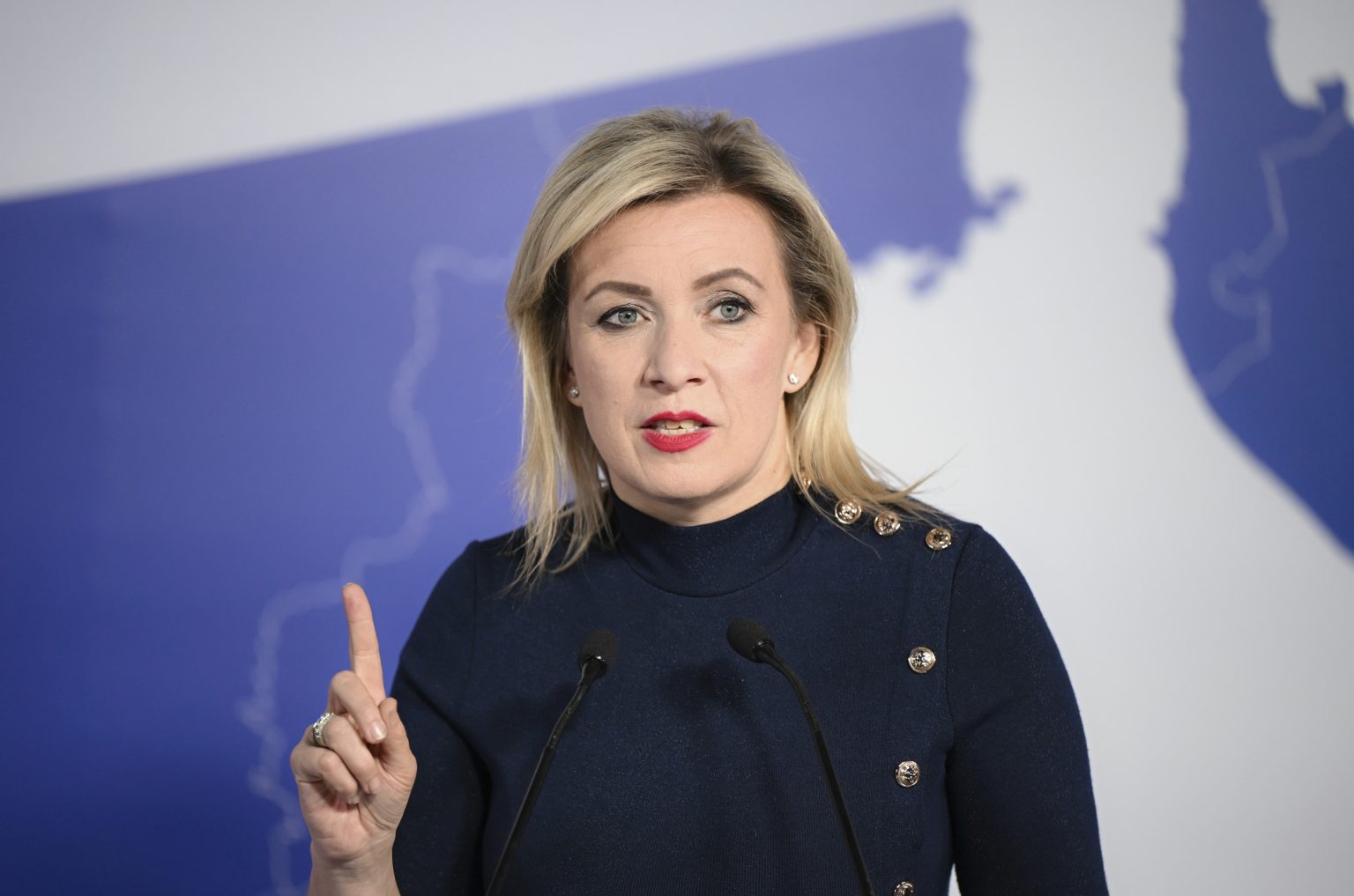The expiration of the Russia-Ukraine gas transit agreement on January 1, 2025, marks a significant geopolitical and economic turning point. Russia, through its Foreign Ministry spokesperson Maria Zakharova, has accused the United States of influencing Ukraine’s decision not to renew the agreement, claiming that this move will destabilize European economies and negatively impact the standard of living of European citizens. Russia argues that cutting off the flow of “competitive and environmentally friendly” Russian energy will have dire consequences for Europe. This narrative frames Russia as a reliable energy supplier and attempts to portray Ukraine and the US as disrupting European energy security.
Ukraine’s decision, however, is rooted in the ongoing conflict with Russia. President Zelensky has framed the termination as a victory, asserting that Ukraine will no longer allow Russia to profit from the war. While Ukraine received transit fees, estimated at $800 million annually, Zelensky argued these were significantly lower than what Ukraine was entitled to under the agreement due to Russia’s reduction of gas transit volumes since May 2022. Furthermore, the revenue generated for Russia, estimated at $6.5 billion annually, represented a substantial contribution to the Russian economy and, by extension, its war effort. Ending the agreement, therefore, is seen by Ukraine as a crucial step in weakening Russia’s financial capabilities.
The economic implications of the expired agreement are complex and multifaceted. While Russia stands to lose significant revenue, the extent of the impact on European economies remains a subject of debate. Russia argues that the loss of Russian gas will cripple European economies, particularly during the winter months. However, the European Union and several energy experts contend that the continent has adequately prepared for this scenario. The EU’s REPowerEU initiative, launched in 2022, focused on diversifying energy sources and reducing reliance on Russian fossil fuels. This, coupled with increased imports of liquefied natural gas (LNG) from countries like the US and Qatar, has mitigated the potential impact of the halted transit.
Eastern European countries, particularly those previously reliant on the Ukrainian transit route, face greater challenges. Moldova’s breakaway region of Transnistria, heavily dependent on Russian gas, experienced energy shortages immediately following the agreement’s expiration, highlighting the vulnerability of some regions. While alternative supply routes exist for most European countries, the cost of switching to these alternatives could be considerable.
The differing perspectives on the agreement’s impact underscore the broader geopolitical context. Russia views the situation as an opportunity to sow discord within Europe and weaken support for Ukraine. The narrative of European vulnerability to energy shortages serves Russia’s strategic goal of undermining Western unity against its aggression. Conversely, Ukraine and its allies frame the decision as a necessary step to counter Russia’s war effort and further isolate the country economically.
Looking ahead, the situation presents both challenges and opportunities. Europe will likely need to further diversify its energy sources and potentially accelerate its transition to renewable energy. The increased demand for LNG could benefit producers like the US and Qatar. The episode also further underscores the vulnerability of relying on single suppliers for critical resources and the importance of energy independence. While the immediate effects of the expired agreement are still unfolding, the long-term consequences will undoubtedly reshape the European energy landscape and further define the geopolitical dynamics between Russia, Ukraine, and the West. The situation remains fluid and requires ongoing monitoring to fully understand its evolving implications.


